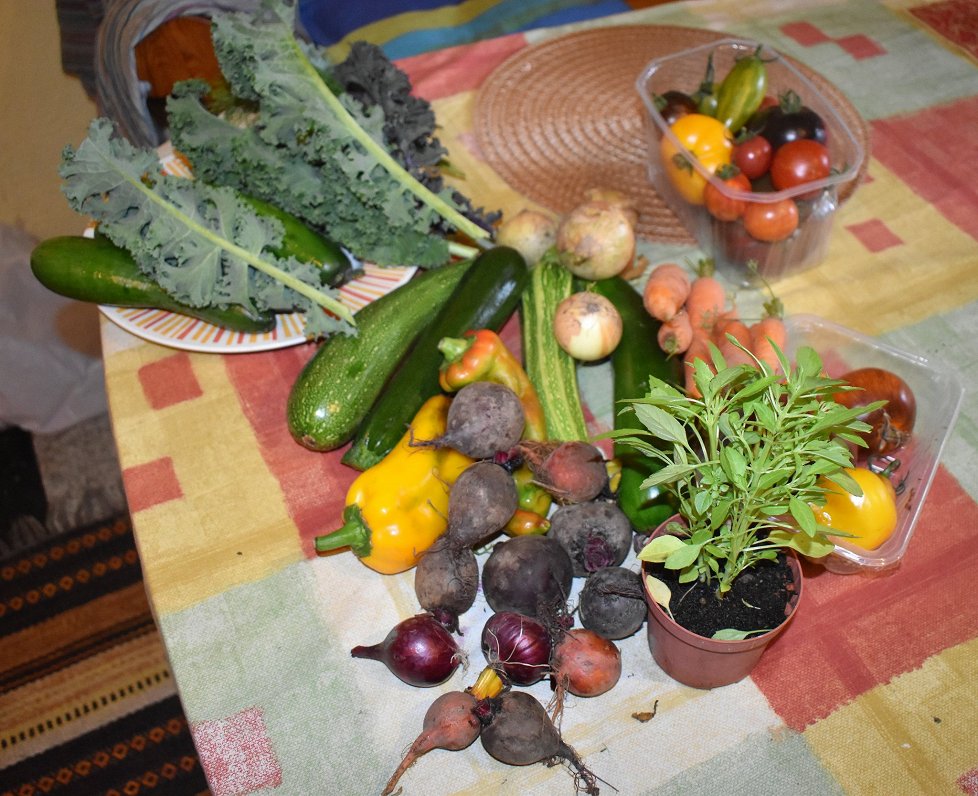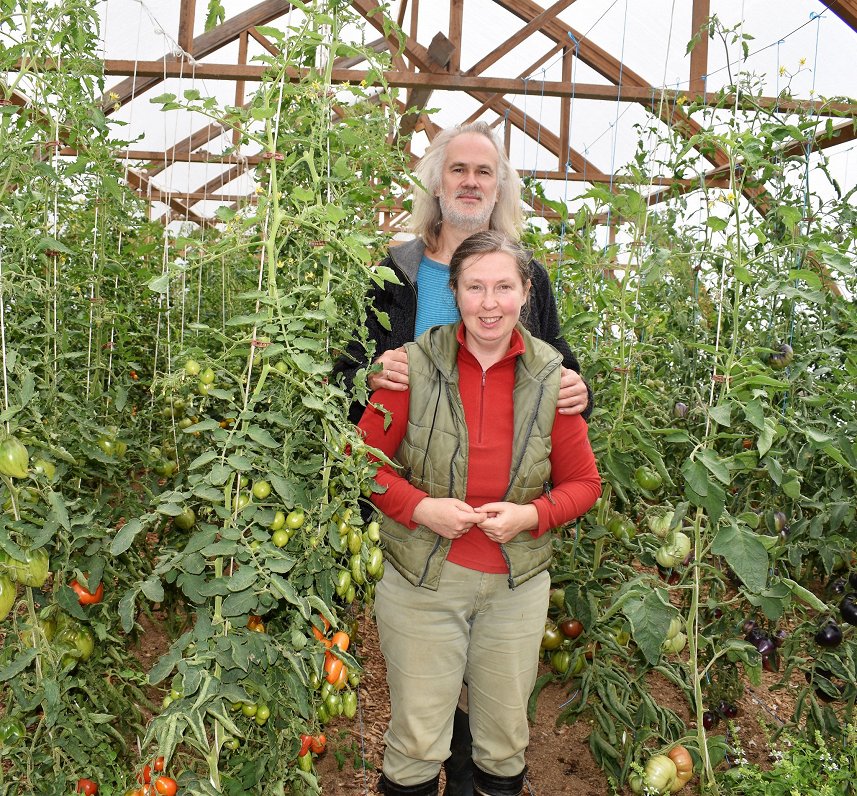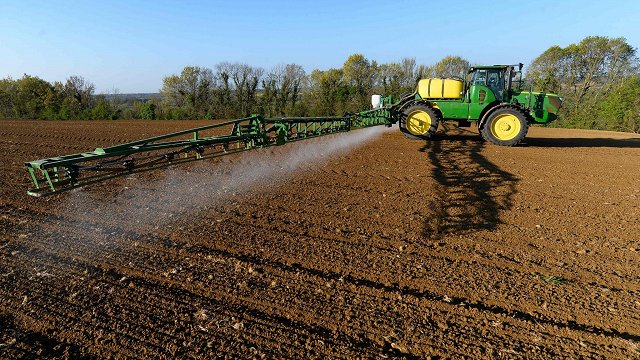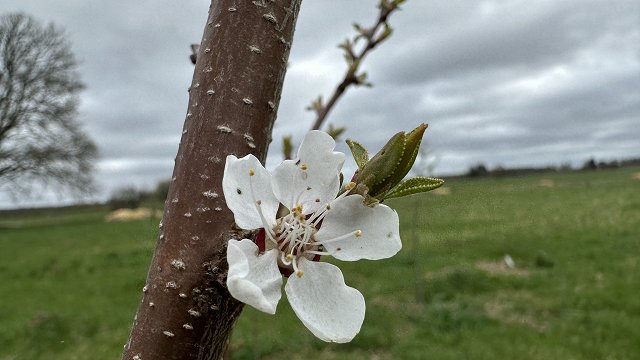You might think that most people escape from the big smoke to the countryside to get some peace and quiet. But for some, it’s a wonderful opportunity to make a racket.
“We wanted to play music really loud, and you just can’t do that in the city without the neighbours getting mad,” laughs Sintija Druva.
Six years ago, Sintija and husband Ingus bought pretty “Kalnadruvas” farm near the village of Ķeipene in hilly central Vidzeme, 96 kilometres east of Riga. For the first few years, they pottered a bit in the garden while remotely continuing their job of creating interactive expositions for museums. But eventually this “city-light” existence got stale.
“It was May and the weather was delightful but we were sitting in front of the computer, not even noticing what was happening outside,” recalls Sintija. “We were living in the country but not enjoying it.”
So they stated exploring how to make a living from the land. Riga-born Sintija had zero farming experience, while Ingus had at least helped his doctor father tend a garden of medicinal plants at Mežotne in Zemgale.
They drew inspiration from a seminar in Latvia by alternative agriculture guru Richard Perkins. At his Ridgedale Farm in Sweden, Perkins has created a model for how small-scale farmers using innovative organic methods can keep their land and their customers healthy and turn a profit. With half of their 18 hectares covered with forest and only two pairs of hands, the Druvas took the message to heart.
“The prevailing attitude in Latvia up to now has been that if you don’t have at least ten hectares and a tractor, you’re wasting your time,” says Ingus.
So they started growing vegetables in specially-designed beds. A layer of cardboard at the bottom stops weeds, fabric sheets keep insects at bay, while mulch helps retain moisture. They have since installed several greenhouses formed from large wooden arches, from which a steady stream of tomatoes, cucumbers, onions, lettuce and other earthy treats emerges.
Cool calculation plays a bigger role than bucolic romance. They obtain most of their seeds from a trusted American distributor, ensuring that most of the radishes they plant can be eaten instead of thinned out.
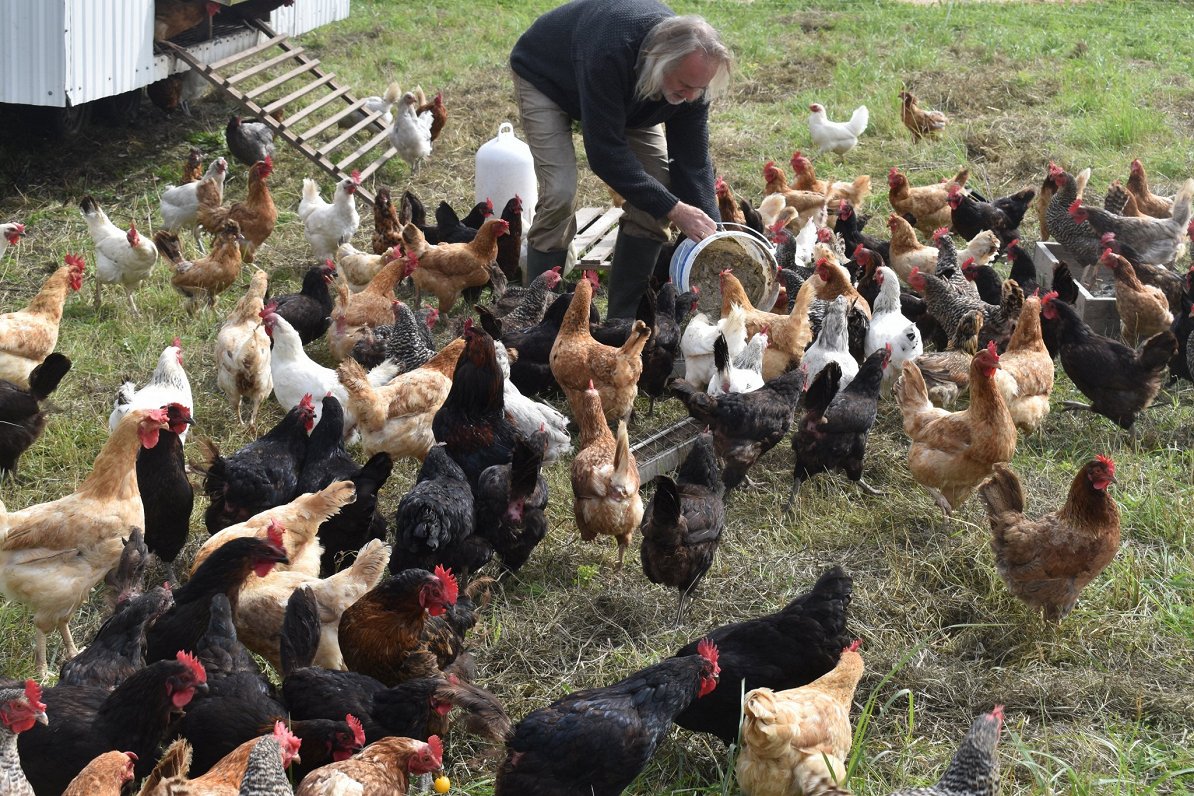
“Growing veggies for market is a totally different ballgame to only providing for yourself, where if something doesn’t work out, there’s no stress,” says Ingus. “One year we grew a lot of pumpkins, because we realised they weren’t everyone’s childhood nightmare, they actually taste great. But we quickly learned that ordinary seeds are like mongrel dogs, because there are no guarantees how they will look or taste.”
Another line of business is free-range eggs. The Druvas keep around 200 hens in a “chicken tractor,” a mobile coop which lets the birds fertilise plots for future vegetable beds. But making money from eggs is easier in theory than practice, as Mother Nature always has surprises up her sleeve. In late August, the chickens started molting, and laying came to a halt.
Rather than hawking their wares at markets, the couple put their faith in attractive online marketing. Every week, they pack a variety of products into selection bags, which are advertised via Facebook and WhatsApp groups and delivered to several points in Riga for customers to pick up.
Ensuring there is a sufficient variety of vegetables maturing at the same time to fill these orders is a challenge. But customers are happy to spend 10 or 12 euros on these attractive assortments than quibbling over the price of each carrot. And they can personalise the order – if you don’t want broccoli, have a slew of delicious, multihued tomatoes instead.
With their products costing multiple times what agricultural giants charge in supermarkets, organic farmers are hopelessly outgunned if they compete on price. Instead, Sintija points out the difference between delicate-yet tasty “Kalnadruvas” tomatoes and mass produced Spanish ones with thick skins so make transportation easier. And the dubious quality of pesticide-sprayed apples which can sit for two years in storage before ending up in the supermarket.
And as well as caring about the birds and the bees, it’s also about backing small, local enterprises and the human beings running them
“A lot of people have their trusted motor mechanic or hairdresser, so why not also have your special market gardener whom you know personally?” asks Ingus. “And by supporting an organic farmer, you are supporting a particular model of producing food.”
